Marine Grade Aluminum alloy Products
What is Marine Grade Aluminum
Marine grade metals are specially treated to withstand use in water or wet environments. Usually, this is done by adding special alloys to the metal to make it corrosion-resistant. Most metals, such as aluminum, have marine grades.
Structural steel is the traditional material used in the shipbuilding industry due to its excellent mechanical properties and low manufacturing costs. However, the increasing demand for larger, yet light ships made designers search for alternative materials. Aluminum alloys were a great choice because they provided high corrosion resistance, weighed less, and were considered economical in the long run.
There are several different grades of aluminum that are suitable for marine conditions. Marine grade aluminum, for the most part, is limited to the 5XXX and 6XXX grades. Grade 5052 is an excellent marine grade for when formability is required. If strength is more of a concern, grade 5083 is a good alternative. 6061-T6 is an all-around popular grade of aluminum that is also commonly used in marine applications. It has very good corrosion resistance and is precipitation hardened. These grades, for the most part, have additional chromium and manganese to help protect them from corrosive marine conditions.
Applications: structural shipbuilding, boat hulls, boat lifts, docks, and other offshore structural applications

5083 aluminum plate
Haomei Aluminum's 5083 ultra-wide ultra-thick marine aluminum plate has internal stress relief and no deformation during cutting. The widest is 2650mm and the thickest is 500mm. It is a rare domestic manufacturer that can produce ultra-wide and ultra-thick marine aluminum plates.
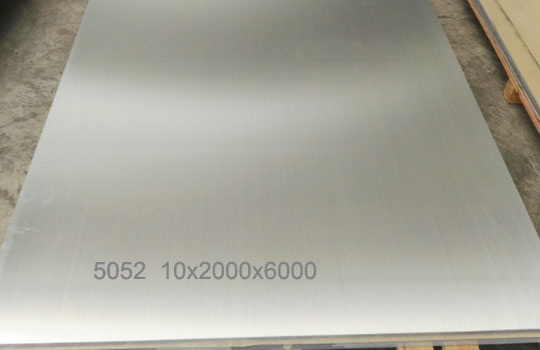
5052 aluminum plate
Marine grade aluminum alloy 5052 as a non-heat treatable grade offers a high level of strength. Its fatigue strength is greater than the majority of other aluminum grades. In addition, it offers good resistance to Marine atmosphere and saltwater corrosion.
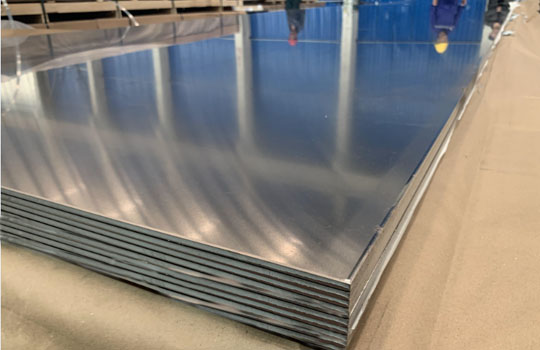
5086 Aluminum plate
5086 marine grade aluminum alloy plate -5086-H116 is widely used in a variety of marine applications including, commercial and private boat repair, construction and modifications as well as welded superstructures and industrial applications in corrosive environments.

6082 marine aluminum profile
This class of aluminum alloys is best known for its decorative and structural properties with excellent finishing characteristics. It’s often used as an architectural alloy for various interior and exterior projects.
There is a 6xxx series alloy variant for most extruded profile end uses.
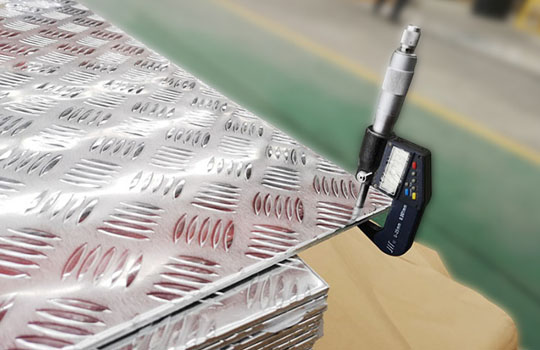
Aluminum tread plate
The 5 bar marine grade aluminum tread plate stands for the aluminum platecan be applied to the marine industry with good performance. The features of aluminum tread plate are low density, high strength, ship weight reduction, high corrosion resistance, durability, economical and environmental protection.
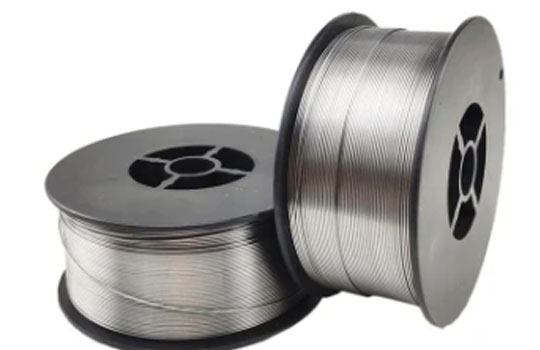
Aluminum Welding Wires
Marine Grade 5183 is recommended for welding Al/Mg material of the 5083 type in the annealed condition, particularly for low temperature applications where good ductility and toughness are required, ie cryogenic plant. It may also be used forwelding medium strength Al/Zn/Mg alloys of the 7020 type and joining 5083 alloy to 5456 alloy..
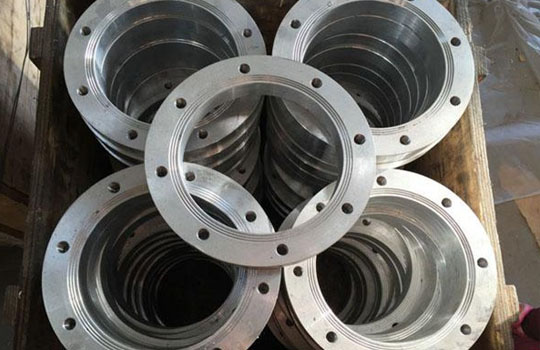
Aluminium Flanges
Aluminum Flanges are made from Aluminum or Aluminum Alloys. They are lightweight and resistant to corrosion, which makes them popular in Industrial and Marine applications involving harsh environments.
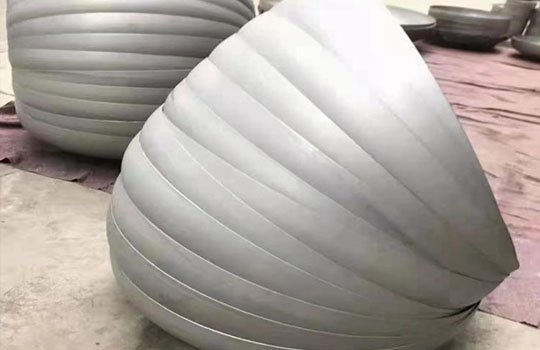
Aluminum Fittings pipe caps
We produce and supply 5086 H32,6061 T6 Aluminum Fittings pipe caps, The whole production process is under the ISO9001:2001 strictly, It can be customized according to customer requirements
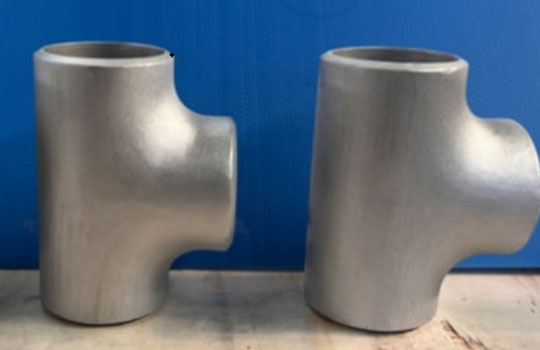
aluminumTees
Aluminum tee is a type of pipe fitting used to divide a main pipeline into two or three branch pipelines, typically made of aluminum material. There are three types of aluminum tees: straight, equal diameter elbow, and variable diameter.
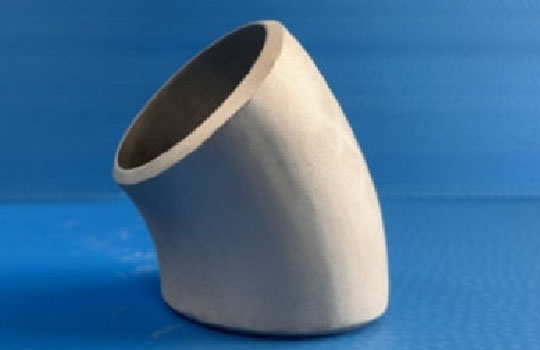
Aluminum elbow
In our offer you will find aluminum elbows made of aluminum with a raked end in many different diameters from 16 mm to 102 mm, bent from 30cm and 60cm tubes.
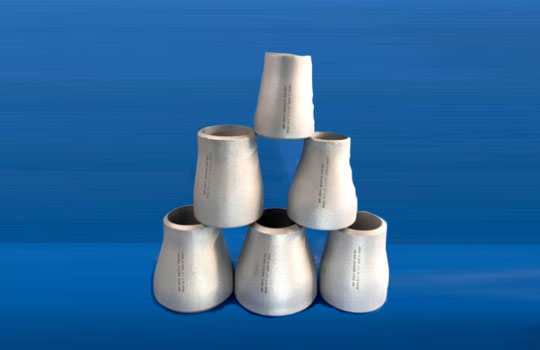
Aluminum reducer
Aluminum reducers connect pipes of different diameters. They are lightweight, corrosion-resistant, and cost-effective, and come in two types:
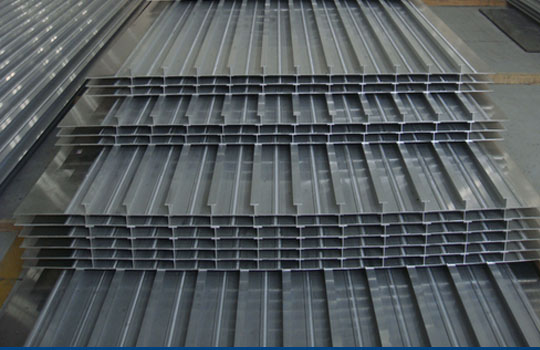
aluminum friction stir welding plate
Aluminum Friction stir welding plate - FSW plate. Aluminum alloy friction stir welding external walls, roofs, rain sheds for large ship buildings
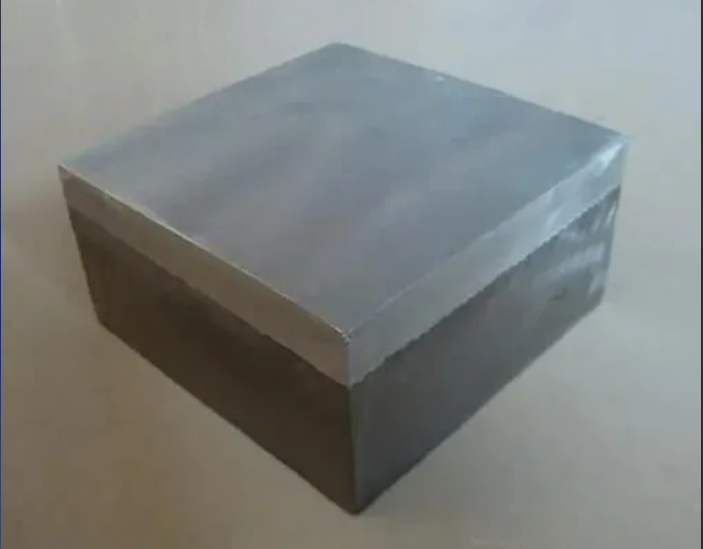
Aluminum Steel Clad Plate
aluminum clad steel plate is commonly used for shipbuilding. They are used as transition materials between hulls to save costs and reduce the weight of hulls.
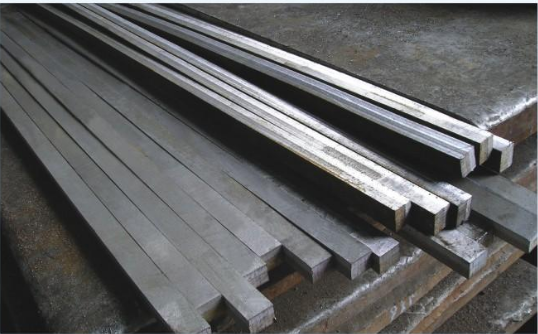
Aluminum Stainless Steel Clad Plate
Aluminum stainless steel clad plate is a clad material composed of aluminum alloy plate and stainless steel plate, and its structure is composed of aluminum alloy plate and stainless steel plate.
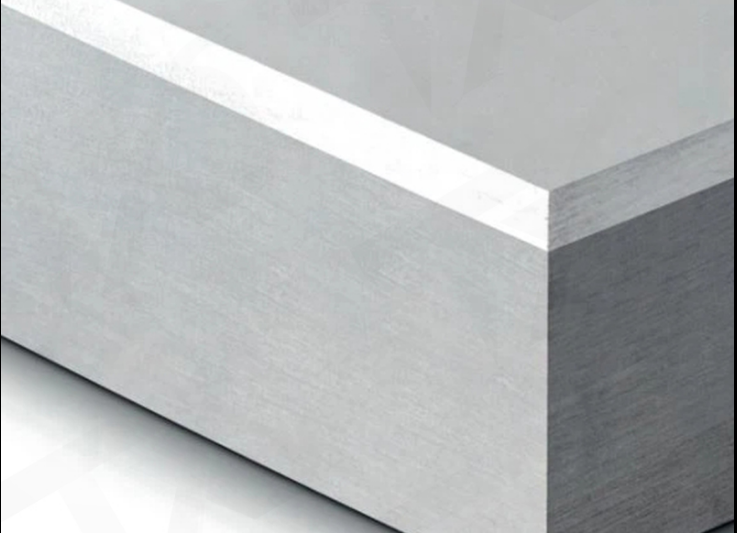
Aluminum clad plate
Aluminum series clad plates are bimetallic materials where a layer of aluminum is bonded to another material, typically carbon steel or stainless steel, for enhanced properties.
Types of Marine Grade Aluminum Alloys
Aluminum alloys are generally classified according to the primary alloying element added to aluminum and the alloys' ability to respond to thermal and mechanical treatment. Cast aluminum alloys are formed by pouring molten liquid metal into molds of requisite shapes and cooled; solid metal is mechanically deformed or forged or rolled to the required shape to form wrought aluminum alloys.
Marine grade wrought aluminum alloys usually comprise aluminum-magnesium (Al-Mg) alloys and aluminum-magnesium-silicon (Al-Mg-Si) alloys. They are generally used in structural shipbuilding, boat lifts, docks, and other offshore structural applications.
Cast aluminum alloys are used in numerous marine applications because casting processes can create relatively complex shapes, including ships' superstructures, structural components, interior fixtures and various supports. They are usually aluminum-silicon (Al-Si) or Al-Mg alloys.
Characteristics of Marine Grade Aluminum Alloys
The marine industry uses aluminum alloys for shipbuilding and fabricating components in offshore platforms because they are lightweight, corrosion-resistant, and have superior mechanical properties.
The following are some examples of cast aluminum alloys, their characteristics and uses:
Al-Si alloys (examples 413.0, 443.0):
highly fluid, castable and weldable
corrosion-resistant
moderately strong
great for leak- and fatigue-resistant castings
used in critical components in marine applications
Al-Mg alloys (examples 512.0, 514.0, 518.0, 535.0):
not heat treatable
tougher to cast
machinable
highly corrosion-resistant
suitable for components exposed to seawater
Some characteristics and uses of wrought aluminum alloys are as follows:
Al-Mg alloys (examples 5052, 5083, 5754):
non-heat treatable
strain hardenable
easily weldable
highly corrosion-resistant, even in salt water
tough, even at cryogenic temperatures
moderately strong
Al-Mg-Si alloys (examples 6061, 6063, 6111):
heat treatable
extrudable
highly corrosion-resistant
moderately strong
Watercraft made from aluminum alloys have high speeds, longer lives, lower maintenance costs, greater payloads, and higher recycle values. Designers, who are proactive about corrosion control and wish to avoid maintenance and safety issues, prefer using marine grade aluminum.